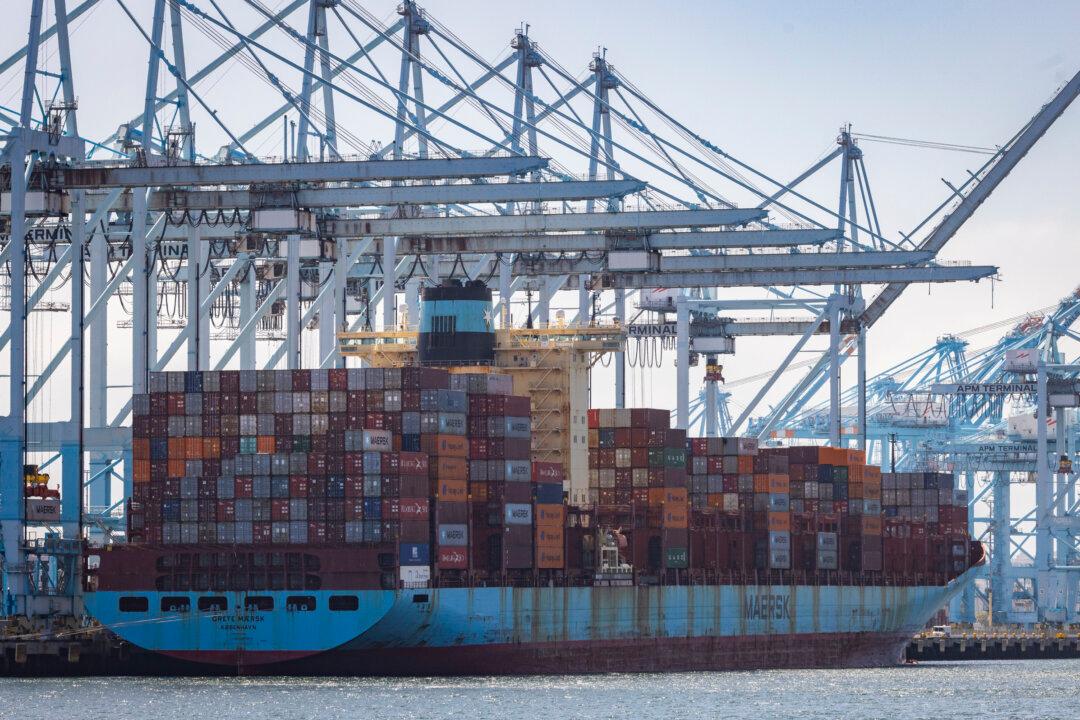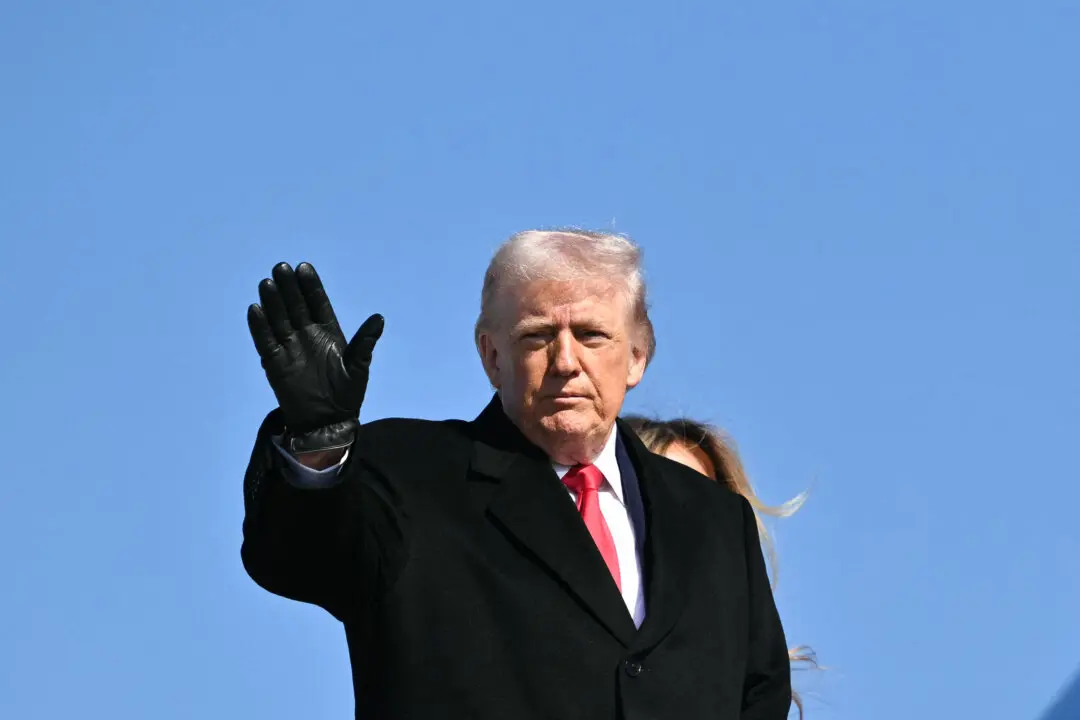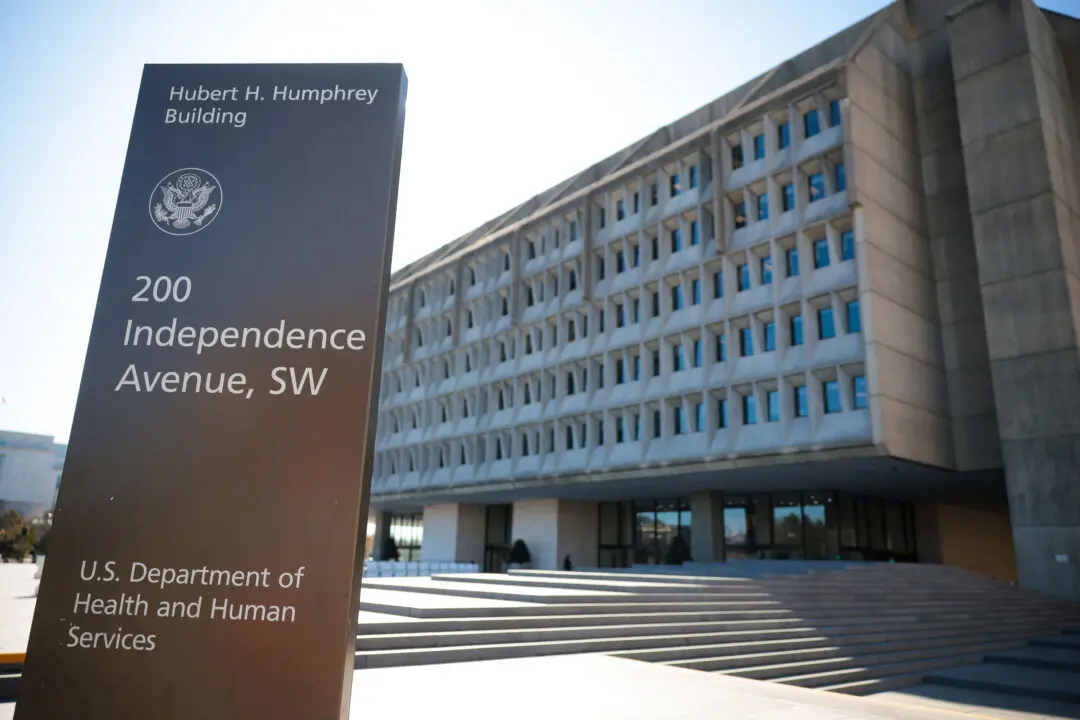The Port of Los Angeles, the nation’s busiest container port, is expecting a decline in container shipments compared with last year, and the data is beginning to reflect that. Experts are concerned about potential layoffs as a result.
According to Capt. Kit Louttit, executive director of the Marine Exchange of Southern California, which keeps records of ships arriving and departing throughout the region, 22 ships arrived at the neighboring Los Angeles and Long Beach ports during the first five days of May, while 28.5 arrivals would be considered typical. Only nine are scheduled to arrive in the next three days, whereas 17 in three days would be normal.





